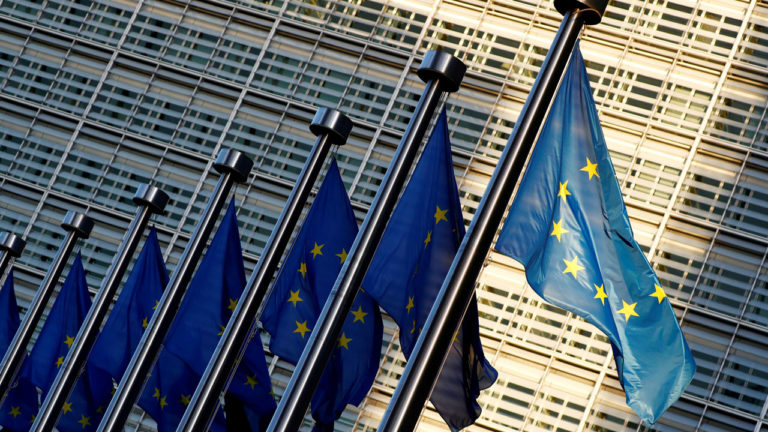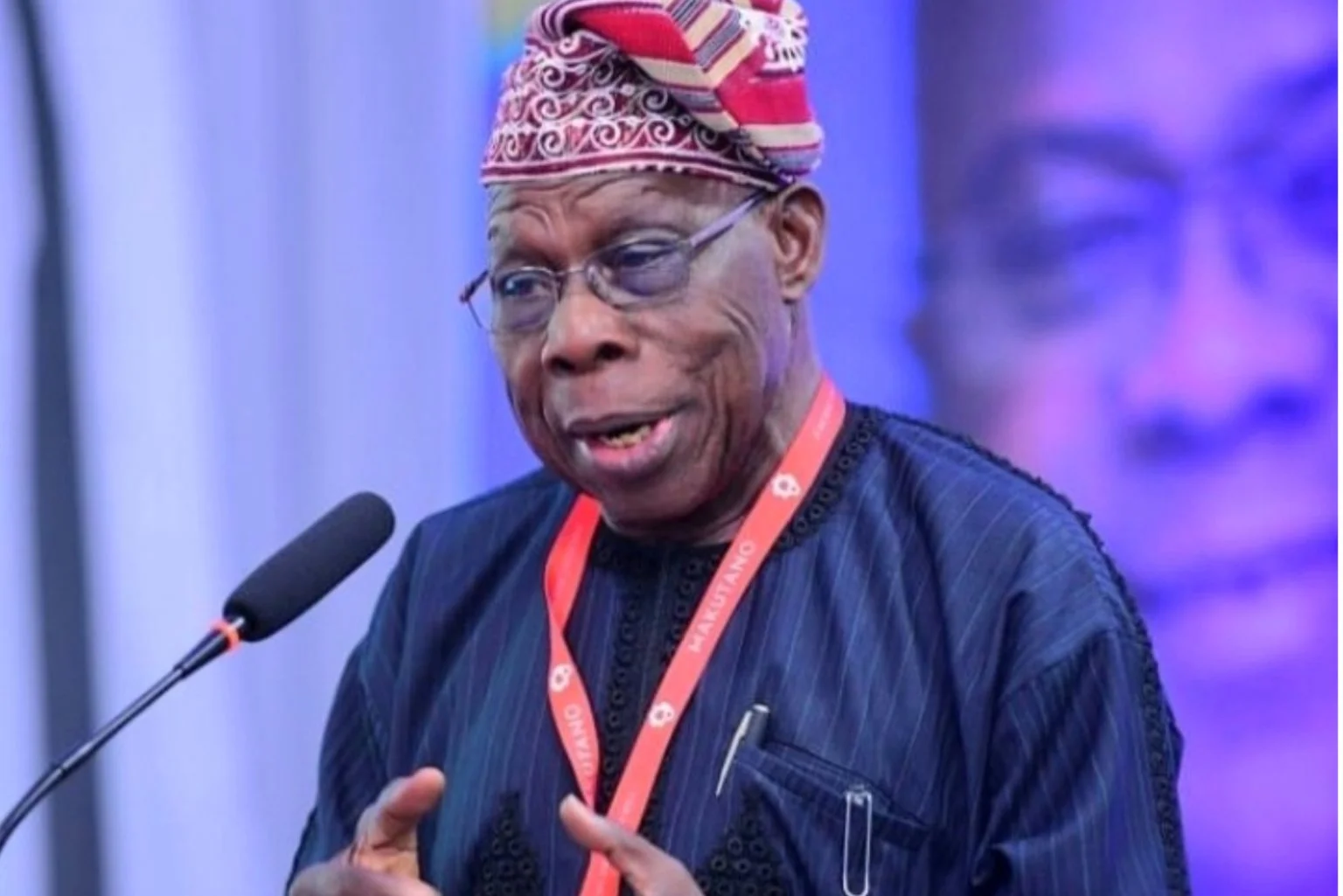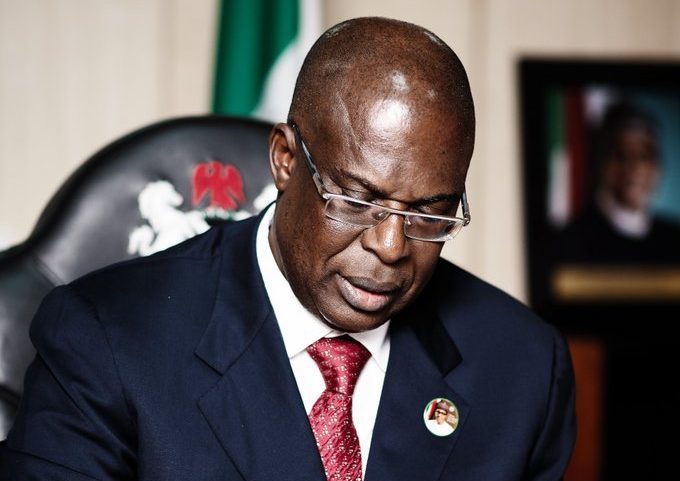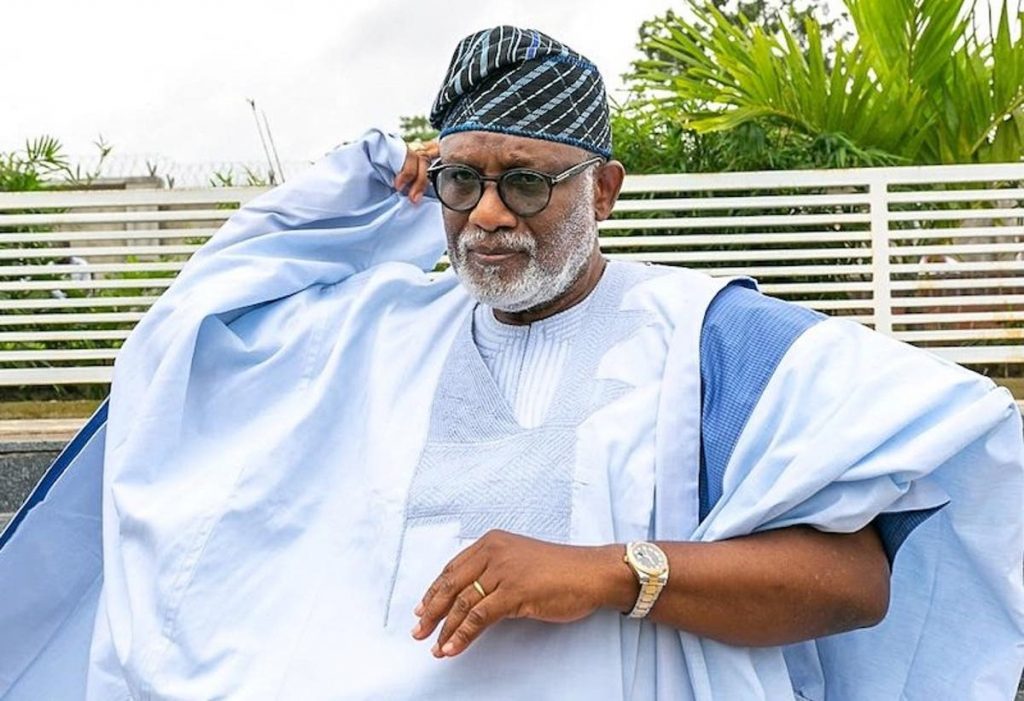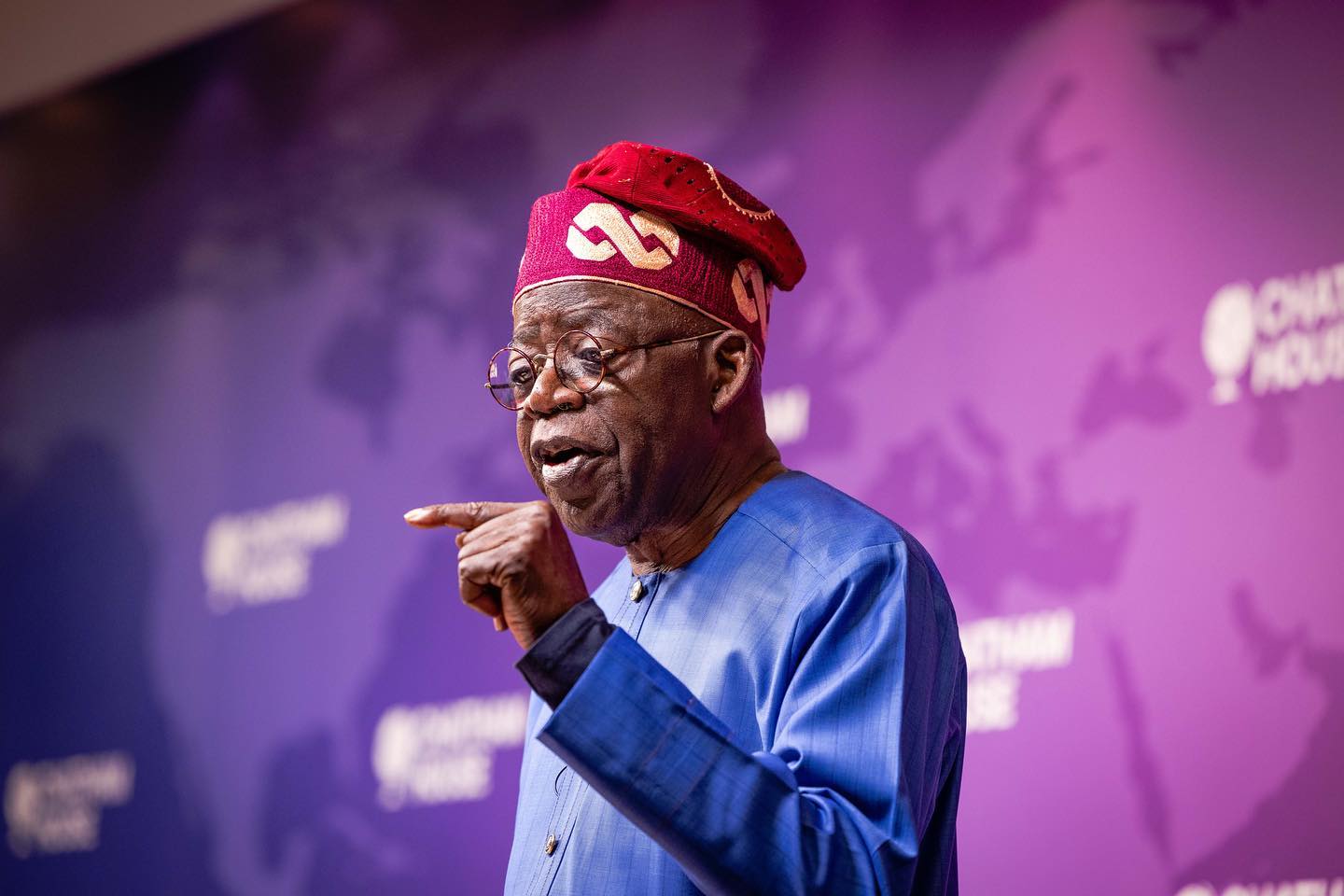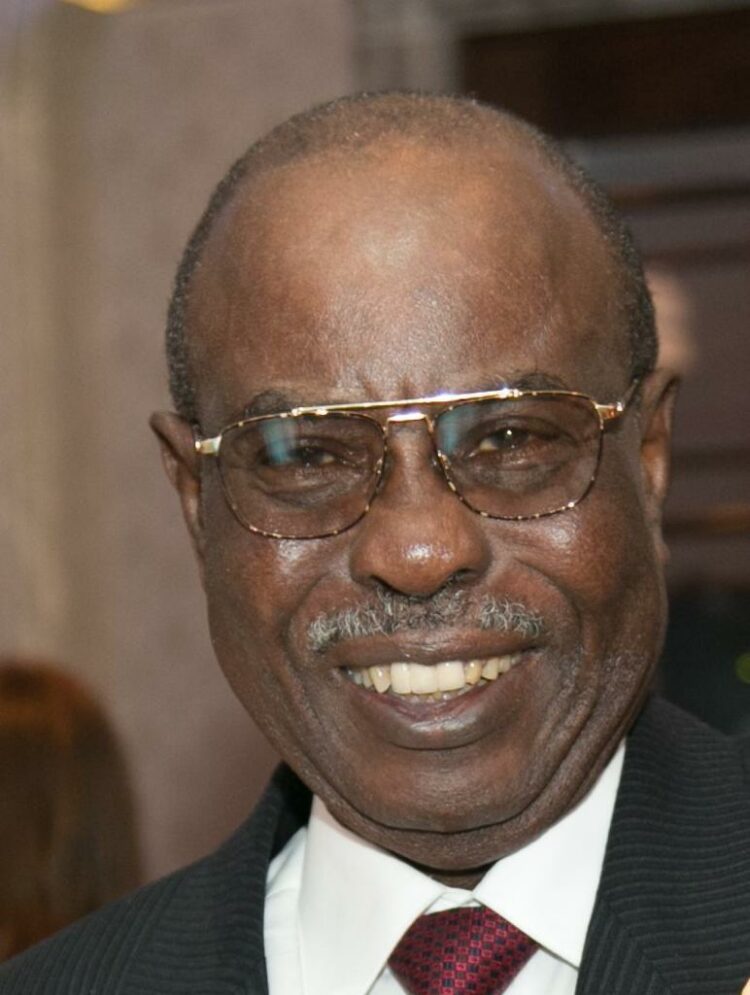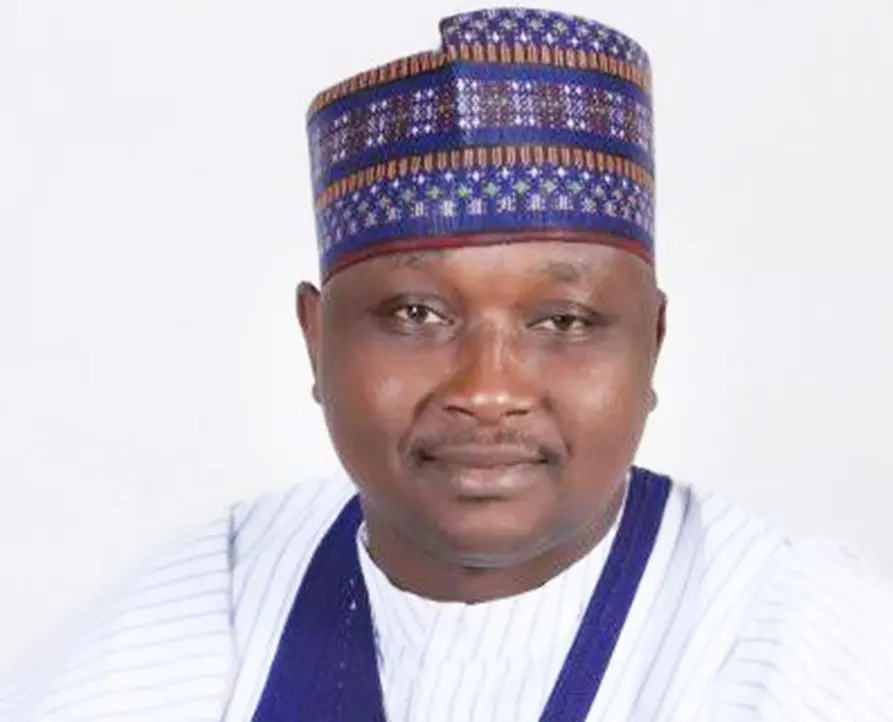The EU on Thursday hit members of Russian President Vladimir Putin’s inner circle with sanctions over the poisoning of opposition figure Alexei Navalny and Kremlin meddling in Libya’s civil war.
Six senior Russian officials including the head of Russia’s FSB domestic spy agency and the tycoon nicknamed “Putin’s chef” will be banned from travelling to the bloc and have their assets in the European Union frozen in a move that steps up pressure on Moscow.
The sanctions listings formally accuse Russian state bodies over Navalny’s poisoning, saying the attack with the Novichok nerve agent could not have been carried out without the complicity of the FSB, the defence ministry and Putin’s executive office.
Britain said it would also enforce the sanctions, despite having left the bloc, while Russia warned the measures would further damage already fraught relations with the EU.
“The EU with this step has harmed relations with our country,” Kremlin spokesman Dmitry Peskov told reporters, describing the measure as a “consciously unfriendly step” and vowing that Moscow would retaliate.
Yevgeny Prigozhin, nicknamed “Putin’s chef” because his company has done catering for the Kremlin, was sanctioned for undermining peace in Libya by supporting the Wagner Group private military company which is active there.
Prigozhin, a wealthy tycoon close to Putin, is already under US sanctions over his links to the Wagner mercenary outfit, which has been accused of interfering in various conflicts around Africa.
Libya breaches
In its official listing, the EU said Prigozhin had “close links, including financially, to the private military company Wagner Group”.
“In this way, Prigozhin is engaged in and providing support for Wagner Group’s activities in Libya, which threaten the country’s peace, stability and security.”
The EU said Wagner had committed “multiple and repeated breaches” of a UN arms embargo on Libya, where Russia has backed warlord Khalifa Haftar in his uprising against the internationally-recognised government.
In a statement, Prigozhin insisted he had no business projects in Libya and said he was saddened by the move.
“Of course, I am very upset over these sanctions, since I will have to curtail my many business projects in the European Union,” he said.
He added: “And probably now I will meet less with friends in the European Parliament, many of whom are very decent people who, like me, are supporters of conservative values and fully support me.”
The listing means Prigozhin is banned from travelling to the EU and any assets he holds in the bloc will be frozen. EU citizens and companies are also barred from supplying him with funds.
The same penalties apply to the six listed over the Navalny poisoning, who include FSB chief Alexander Bortnikov, as well as Kremlin head of policy Andrei Yarin and deputy Kremlin chief of staff Sergei Kirienko.
The EU said the Navalny poisoning could only have happened with the involvement of the FSB, and held Yarin and Kirienko culpable as senior members of Putin’s presidential executive office.
“It is reasonable to conclude that the poisoning of Alexei Navalny was only possible with the consent of the presidential executive office,” the EU said in its official listing.
The bloc also said that Yarin was part of a special task force charged with countering Navalny’s influence by discrediting him.
Russian state accused
The others sanctioned are Putin’s envoy in Siberia, Sergei Menyailo, and two Russian deputy defence ministers, Pavel Popov and Alexei Krivoruchko.
Novichok, a highly toxic agent developed by the Soviet Union, is accessible “only to state authorities” in Russia, the EU said, arguing that its use could only come as a result of “intent or negligence” on the part of the defence ministry.
The EU also sanctioned Russia’s State Scientific Research Institute for Organic Chemistry and Technology (GosNIIOKhT), which is supposed to be responsible for the destruction of chemical weapons stocks inherited from the Soviet Union.
Navalny fell seriously ill on a plane in Siberia while on the election campaign trail, and was flown to Germany for treatment in August.
Tests carried out by German experts, later confirmed by France, Sweden and the UN’s Organisation for the Prohibition of Chemical Weapons (OPCW), showed he had been poisoned with a Novichok nerve agent.
A poison from the same group was used to attack former Russian spy Sergei Skripal and his daughter in England in 2018 — an incident that prompted the EU to sanction four members of the Kremlin’s GRU military intelligence branch.

